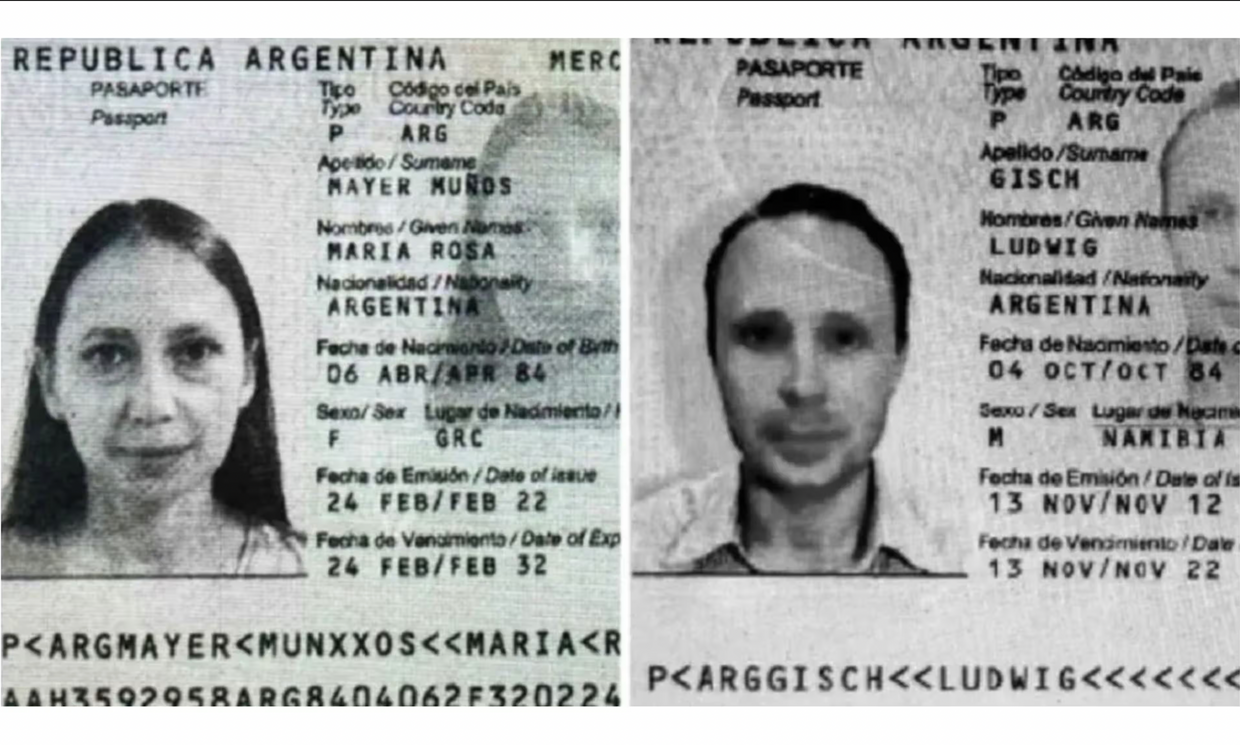Russian anti-war activist dies in pre-trial detention

Musician and anti-war activist Pavel Kushnir died in a pre-trial detention center in Birobidzhan, the capital of the Jewish Autonomous Region of Russia, the Telegram channel "Vot Tak" reported on Aug. 2, citing Kushnir's friends.
Russian Federal Security Service (FSB) officers detained Kushnir at the end of May for what the service claimed was calling for "terrorist acts," a group on the Russian social media site Vkontakte called "Atypical Birobidzhan" said.
The case against Kushnir was opened because of his videos on the "Inoagent Mulder" YouTube channel, where since November 2022, he had published four videos in which he poetically criticized the Russian authorities' policy, laws, and the war in Ukraine.
Since the start of its full-scale invasion of Ukraine, Russia has introduced harsh censorship laws to make criticizing the war a grave offense. Many people have been put behind bars with lengthy prison sentences for speaking out against the war, even in social media posts.
The FSB characterized Kushnir's posts on Youtube as calls for the "violent overthrow of the constitutional order in Russia by means of revolution," according to "Atypical Birobidzhan."
Kushnir's friends, Olga Romanova, the head of the "Detained Rus" project, and pianist Olga Shkrygunova, told "Vot Tak" that the activist, aged 39, died on July 27 after going on a hunger strike.
Romanova said in an interview with the Russian media outlet "Current Time" that she learned about Kushnir's death from a letter from his cellmates in the pre-trial detention center.
Shkrygunova told "Vot Tak" that she learned about Kushnir's death from his mother. She added that his family did not want a lot of publicity, saying they may have been intimidated by law enforcement.
The news about Kushnir's death comes after the historic Aug. 1 prisoner swap between Russia and several Western countries. The states exchanged a total of 24 detainees, the largest such move in almost 15 years.
Those freed by Russia include activists, journalists, and opposition leaders, most notably the Wall Street Journal reporter Evan Gershkovich, and Russian-born Pulitzer Prize winner Vladimir Kara-Murza.











